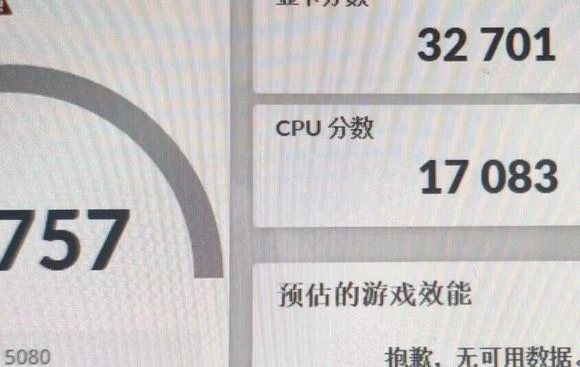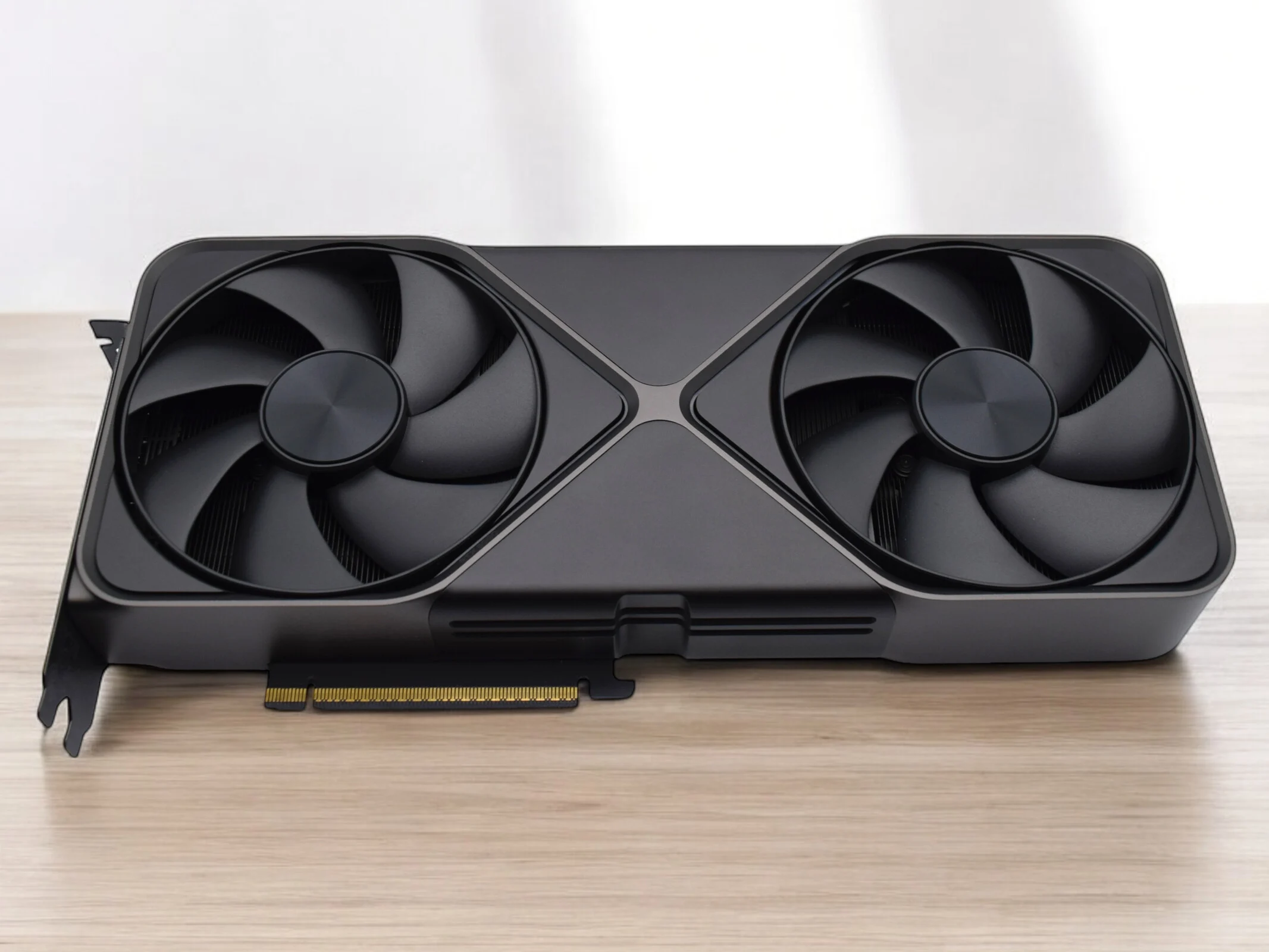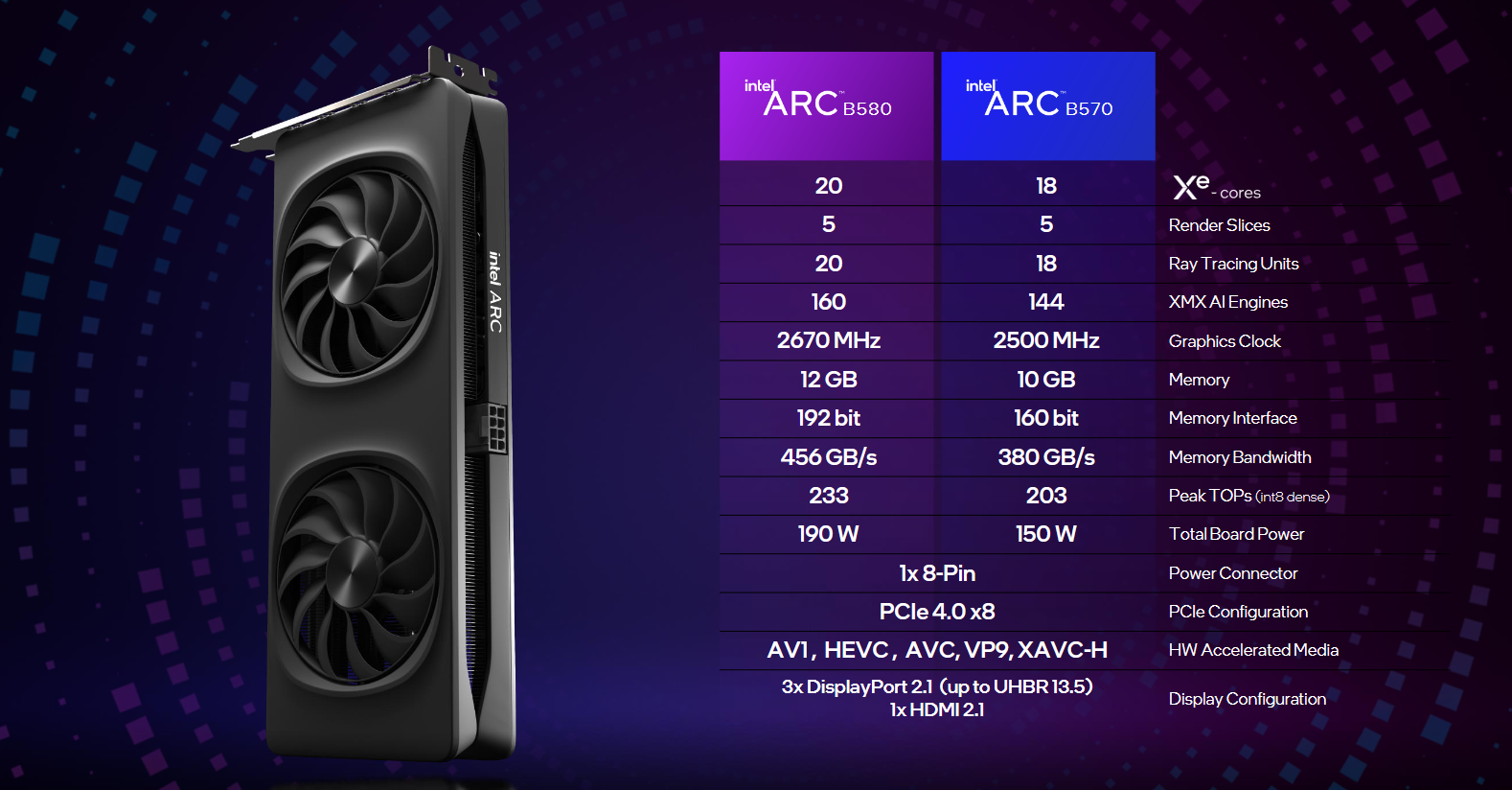After recent reviews of the RTX 5090 surfaced, attention has now shifted to the next GPU in the RTX 50 series, the RTX 5080. Set to launch on January 30, it comes with a starting price of $999. Early leaks regarding the RTX 5080’s performance indicate a modest improvement over the RTX 4080, but not a groundbreaking one.
Performance Insights
For example, previous reports indicated that the RTX 5080 was merely 10% and 3% faster than the RTX 4080 in Blender and OpenCL benchmarks, respectively.
Recently, a new result from the 3DMark Time Spy test for the RTX 5080 has been shared online, revealing a more favorable performance compared to earlier leaks involving OpenCL and Blender.
Leaked Benchmarks
According to findings posted on Baidu (via Olrak29 on X), the RTX 5080 scored 32,701 in the Time Spy Graphics test. Our records show that the RTX 4080 and RTX 4080 Super average around 27,605 and 28,344 points in the same test. This means the leaked RTX 5080 is ahead by 18.5% and 15%, respectively, compared to the RTX 4080 and RTX 4080 Super.
However, gamers hoping the RTX 5080 would surpass or equal the RTX 4090 might feel let down, as the RTX 5080’s score is still 10% lower than that of the RTX 4090 based on our evaluations.
AMD’s Position
Currently, AMD doesn’t have a direct rival for the RTX 5080 in its RDNA 4 series, but it may not need one if the 3DMark scores are any clue. The RX 7900 XTX, for instance, averages around 31,540 points in the Time Spy Graphics test—just 4% behind the anticipated RTX 5080 score.
With the RX 7900 XTX available for under $950 on platforms like Amazon and Newegg, many gamers might find it hard to justify the RTX 5080’s price. This situation is further complicated by reports of limited initial supply for the RTX 5080, which could drive prices even higher than the $999 MSRP.
Final Thoughts
Nevertheless, the landscape could shift in favor of the RTX 5080 when considering features like DLSS 4 and Multi Frame Generation, which some may view as essential.
Ultimately, only time will reveal the true performance of the RTX 5080 and its availability at launch. Until then, it’s wise to approach all leaks and speculations with caution.
Source:
Link




